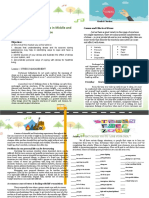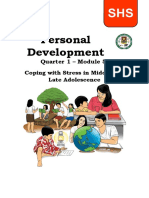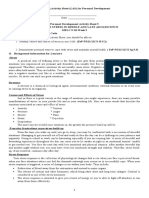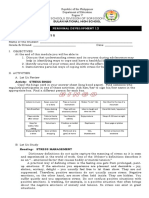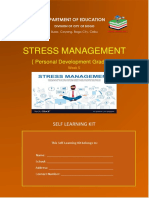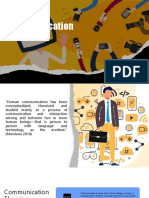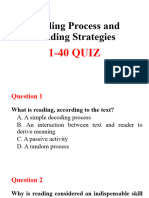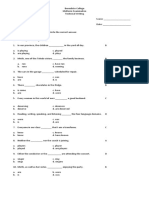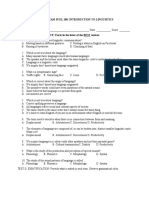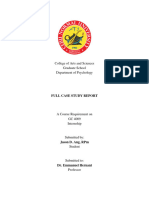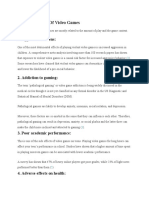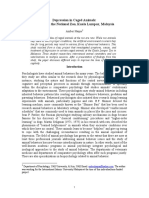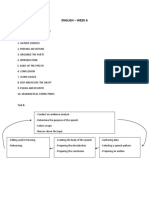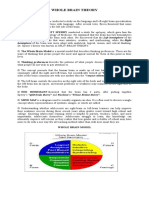0% found this document useful (0 votes)
45 views6 pagesPerDev Q2 - Mod 2
The document discusses the causes and effects of stress in students' lives, distinguishing between positive stress (eustress) and negative stress (dystress). It outlines various stressors such as academic pressures, personal relationships, and environmental factors, and highlights the impact of stress on behavior and health. Additionally, it provides strategies for managing stress and encourages self-reflection on personal experiences and lessons learned.
Uploaded by
Francis CortesCopyright
© © All Rights Reserved
We take content rights seriously. If you suspect this is your content, claim it here.
Available Formats
Download as PDF, TXT or read online on Scribd
0% found this document useful (0 votes)
45 views6 pagesPerDev Q2 - Mod 2
The document discusses the causes and effects of stress in students' lives, distinguishing between positive stress (eustress) and negative stress (dystress). It outlines various stressors such as academic pressures, personal relationships, and environmental factors, and highlights the impact of stress on behavior and health. Additionally, it provides strategies for managing stress and encourages self-reflection on personal experiences and lessons learned.
Uploaded by
Francis CortesCopyright
© © All Rights Reserved
We take content rights seriously. If you suspect this is your content, claim it here.
Available Formats
Download as PDF, TXT or read online on Scribd
/ 6



















